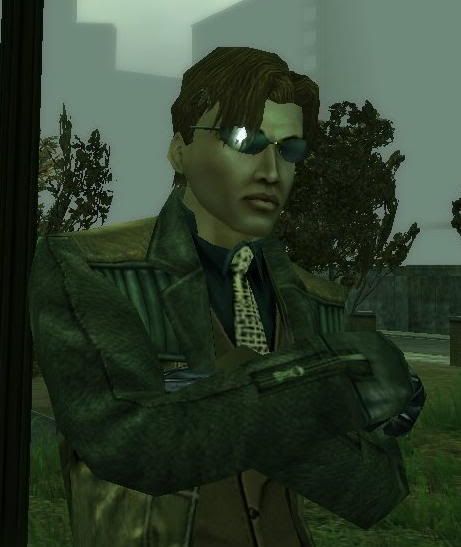The true nature of man, his true good, true virtue, and true religion cannot be known separately.
Instead of complaining that God has kept himself hidden, you will give him thanks that he has made himself so visible. And you will give him further thanks that he has not revealed himself to the wise people full of pride, unworthy of knowing so holy of a God.
Justice, like finery, is dictated by fashion.
If our condition were truly happy, we should not have to diver ourselves from thinking about it.
We must know ourselves. Even if that did not help in discovering truth, it would at least help in putting order into our life. Nothing is more proper.
Ecclesiastes shows that man without God knows nothing and remains inevitably unhappy. To be unhappy is to want to do something but to be unable to do it. He can want to be happy and certain of some truth; however he can neither know nor want to know. He cannot even doubt.
Pride. More often than not curiosity is merely vanity. We only want to know something in order to talk about it. Otherwise we would not go on a sea voyage to say nothing about it, but simply for the pleasure of seeing things without ever hoping to describe them.
Respect means to go out of your way for others. This is seemingly aimless but it is very true, for it means that I would certainly go out of my way if you needed it, since I do it anyway when you do not. Besides, respect distinguishes the great. If respect required only to be directed at those sitting in armchairs, we would respect everyone, and there would be no distinction made. But, having gone to some trouble, we can make the distinction very easily.
Christianity is strange: it requires human beings to recognize that they are vile and even abominable, and requires them to want to be like God. Without such a counterweight this elevation would make them execrably vain, or this abasement execrably despicable.
Wretchedness provokes despair.
Pride provokes presumption.
The Incarnation shows man the greatness of his wretchedness through the greatness of the remedy which was required.
What a distance there is between knowing God and loving Him.
"If I had seen a miracle," they say, "I would be converted." How can they affirm what they would do about something of which they know nothing? They imagine that this conversion consists in worshiping God, seeing it as some king of transaction or conversation. True conversion consists in self-abasement before the universal being whom we have so often angered and who could legitimately destroy us at any time, in recognizing that we can do nothing without him and that we have deserve nothing from him but our disgrace. It consist in knowing that there is an irreconcilable opposition between God and ourselves, and that without a mediator there can be no transaction.
Miracles exist for the sake of doctrine and not doctrine for miracles.
Miracles and truth are necessary because the whole human being must be convinced, body and soul.
Truth is so darkened nowadays, and lies so established, that unless we love the truth we will never know it.
Weak people are those who know the truth, but who maintain it only as far as it is in their interest to do so. Beyond that, they abandon it.
And his most epic quote:
Wretchedness. The only thing that consoles us for out miseries is distraction, yet that is the greatest of our wretchednesses. Because that is what mainly prevents us from thinking about ourselves and leads us imperceptibly to damnation. Without it we should be bored, and boredom would force us to search for a firmer way out, but distraction entertains us and leads us imperceptibly to death.
Subscribe to:
Post Comments (Atom)

No comments:
Post a Comment